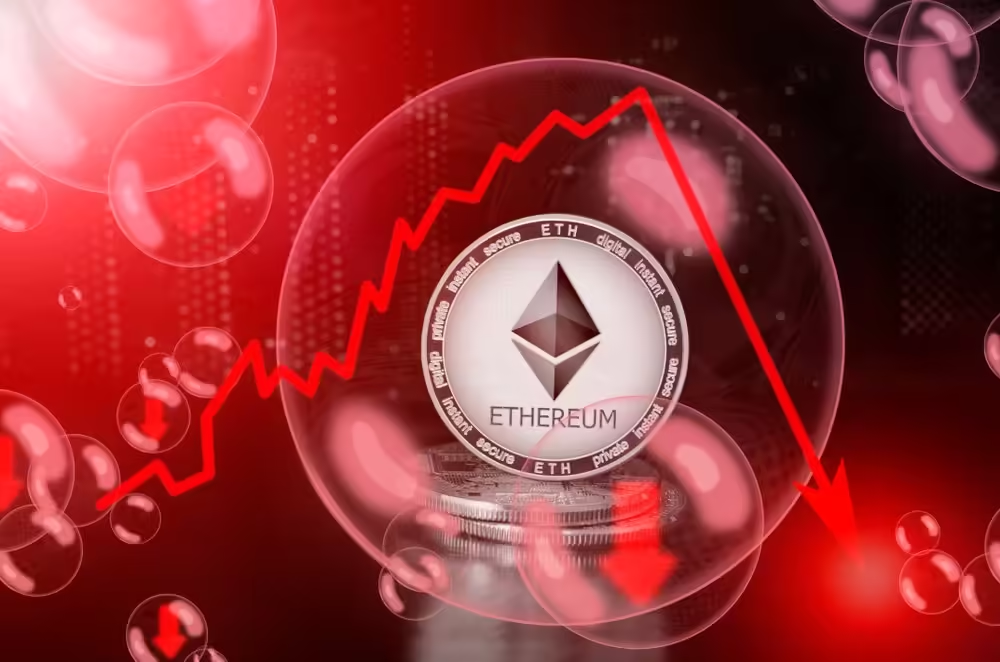|
Getting your Trinity Audio player ready...
|
The Ethereum market has been experiencing a seismic shift as some of its largest whales, holding over 10,000 ETH each, have been on a selling spree. This unprecedented move has raised concerns about the potential impact on the price of the second-largest cryptocurrency.
Data from Glassnode reveals a concerning trend: the number of Ethereum mega-whale addresses has been steadily declining over the past month, while the price of ETH has remained relatively stable. This suggests that these whales are offloading their holdings, potentially signaling a bearish outlook for the token.
Several factors could be driving this sell-off. One possibility is that these whales are simply taking profits after the recent rally in the price of Ethereum. Another theory suggests that they may be concerned about the concentration of power within the Ethereum ecosystem, opting to diversify their portfolios.
Regardless of the reason, the sell-off by Ethereum whales is a significant development. It could put downward pressure on the price of ETH in the short term, as the market absorbs the increased supply. However, it’s also possible that demand from other investors could offset the selling pressure, preventing a significant price decline.
Adding to the bearish sentiment, renowned market analyst Ali Martinez has identified a rising wedge pattern on the Ethereum chart. This technical indicator often signals an upcoming price correction. If ETH follows this pattern, it could experience a pullback towards the $2,350 support level.
Also Read: Tron (TRX) Rallies 22%, Outpacing Bitcoin And Ethereum
While technical analysis provides valuable insights, it’s important to remember that it’s not infallible. The Ethereum market is complex, and other factors could influence its price trajectory.
As investors closely monitor these developments, it’s crucial to stay informed and exercise caution. The sell-off by Ethereum whales and the potential for a price correction highlight the volatility and uncertainty inherent in the cryptocurrency market.
Disclaimer: The information in this article is for general purposes only and does not constitute financial advice. The author’s views are personal and may not reflect the views of Chain Affairs. Before making any investment decisions, you should always conduct your own research. Chain Affairs is not responsible for any financial losses.
Crypto and blockchain enthusiast.



